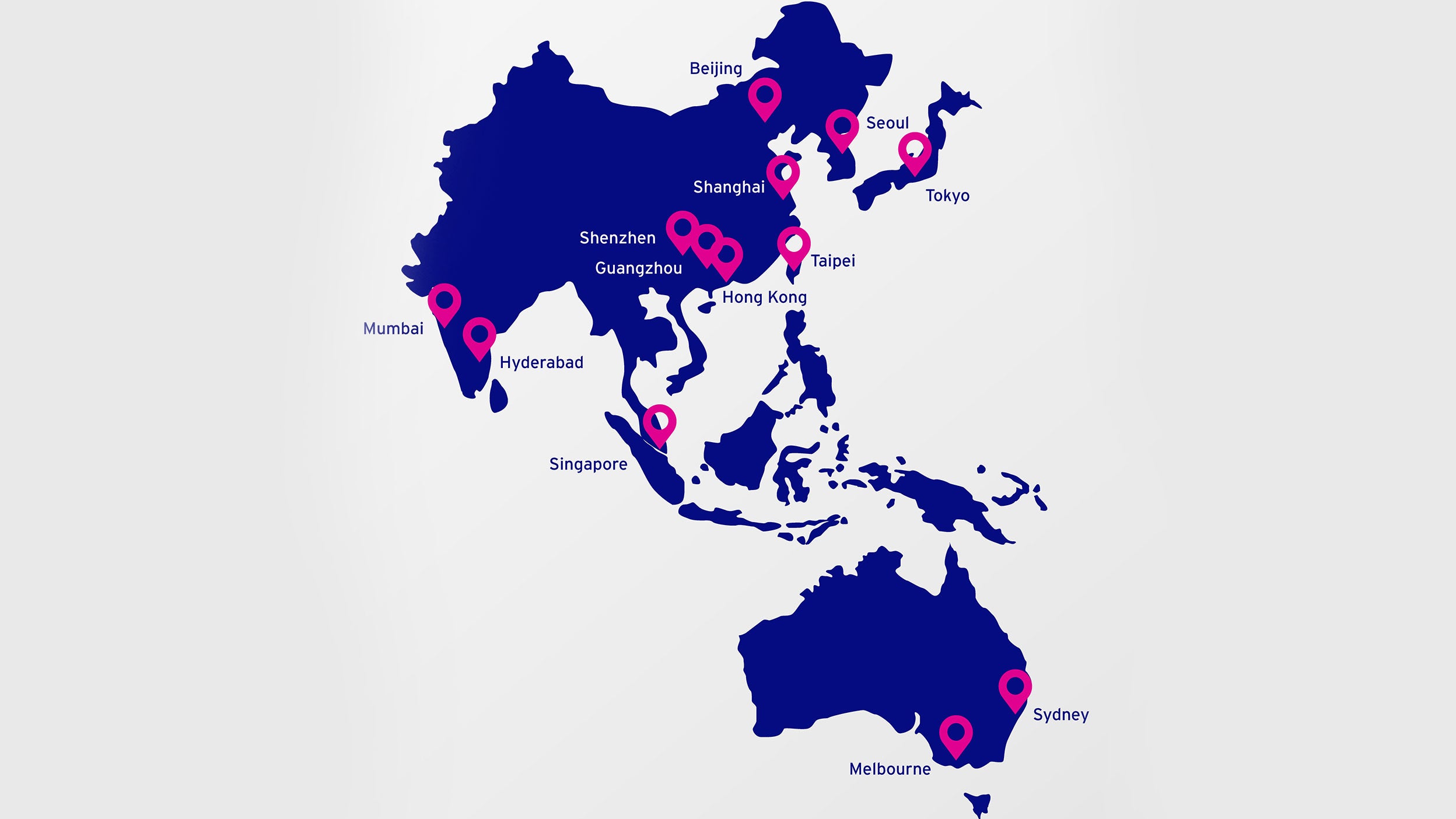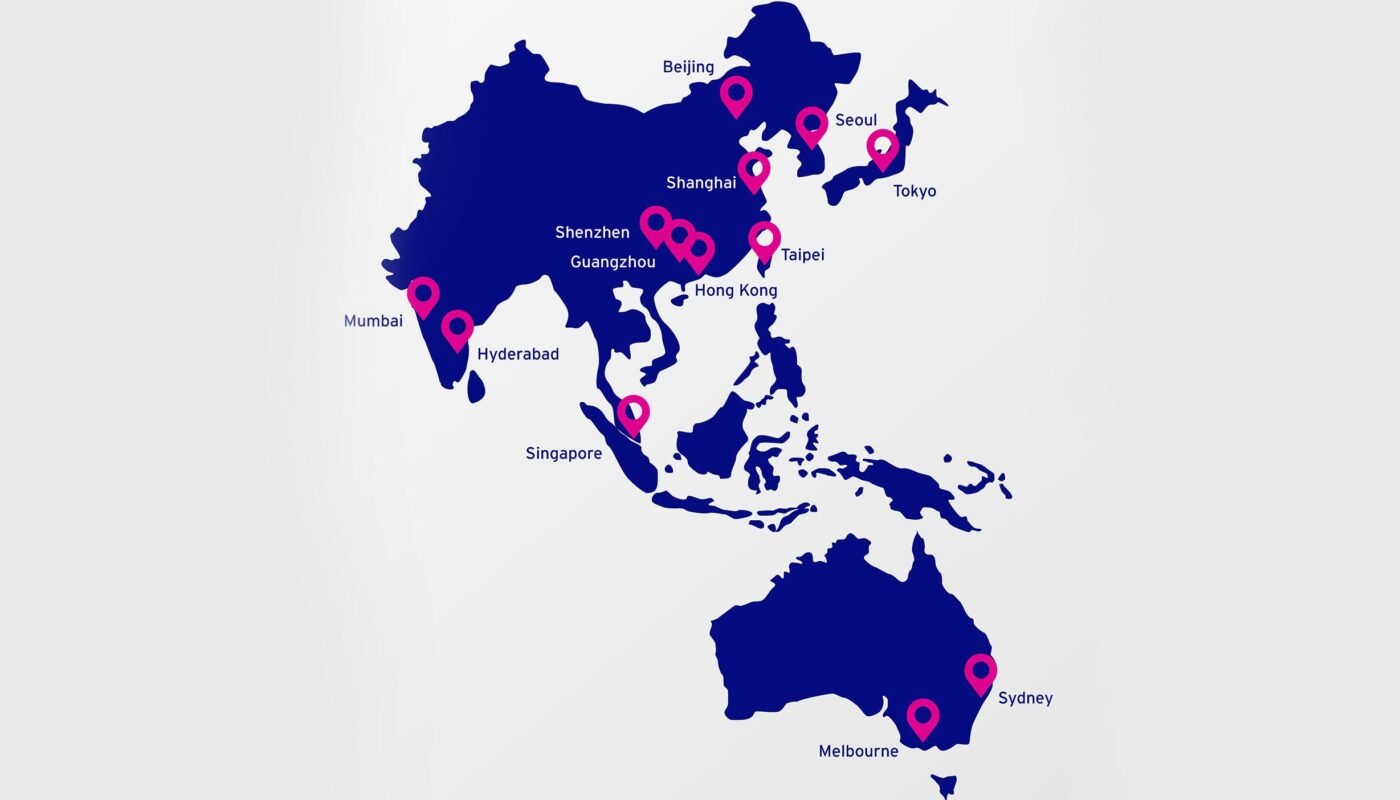
A rising number of enterprises across the Asia-Pacific region are adopting AI-driven low-code platforms to expedite digital transformation, streamline operations, and innovate rapidly to meet market demands. According to findings from the latest Salesforce and MuleSoft reports, low-code solutions and APIs are revolutionizing business processes, enabling seamless integration of systems while boosting scalability and user experience across various sectors.
Businesses in APAC face distinct challenges, including fragmented digital infrastructure and heightened demand for real-time, customized user experiences. Low-code development, enhanced by AI capabilities, addresses these challenges by enabling rapid application development and integration with existing systems. As highlighted by Salesforce’s recent Connectivity Benchmark Report, nearly all organizations surveyed in APAC are implementing API strategies, with 41% reporting increased revenue from API-driven solutions and over a quarter cutting operational costs. Such benefits have fueled the expansion of low-code platforms that rely on API integration to bridge data across diverse applications, giving organizations a competitive edge in a fast-paced digital landscape.
For instance, Singapore-based communications company M1 leveraged MuleSoft’s API platform to modernize its digital infrastructure. By migrating from a complex, on-premise system to a more flexible cloud-based API solution, M1 reported a 13% increase in annual project completion, alongside operational efficiencies. Other organizations, such as Thailand’s retail giant Lotus’s, have similarly accelerated their digital journey by integrating low-code platforms to unify disparate systems, resulting in quicker service delivery and enhanced customer satisfaction.
Low-code platforms powered by AI, such as those offered by OutSystems, are especially valuable for reducing reliance on traditional coding. As noted by a recent IDC InfoBrief, commissioned by OutSystems, low-code solutions enable businesses to scale development projects without the extensive technical expertise traditionally required. This has proved particularly beneficial for APAC businesses facing IT talent shortages, allowing them to adopt agile methodologies and prioritize rapid, iterative improvements that cater to evolving customer needs.
Notice an issue?
Arabian Post strives to deliver the most accurate and reliable information to its readers. If you believe you have identified an error or inconsistency in this article, please don’t hesitate to contact our editorial team at editor[at]thearabianpost[dot]com. We are committed to promptly addressing any concerns and ensuring the highest level of journalistic integrity.




